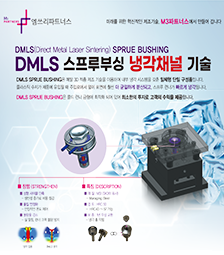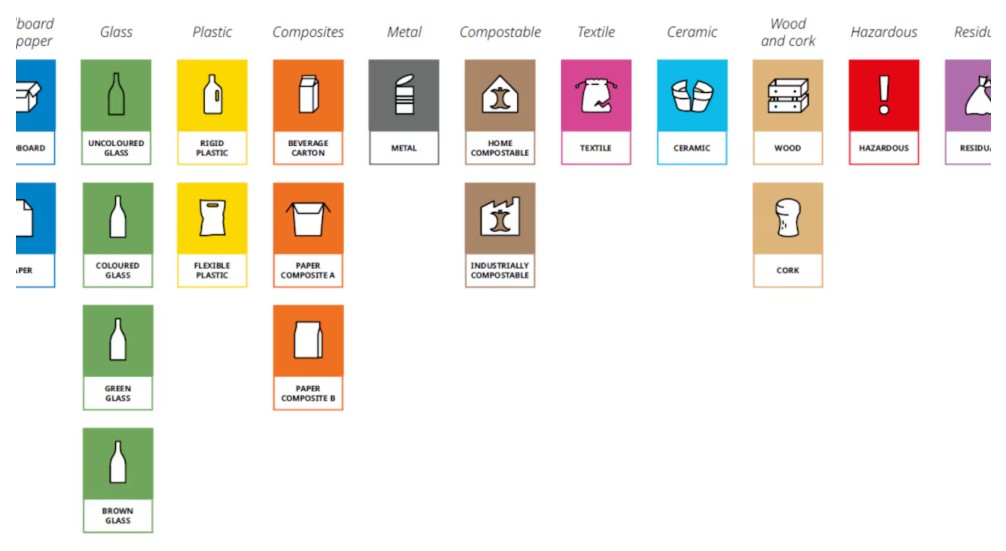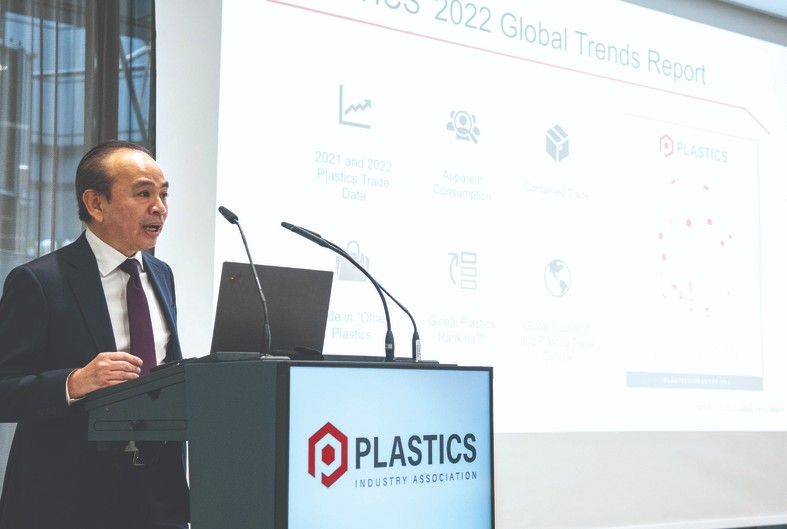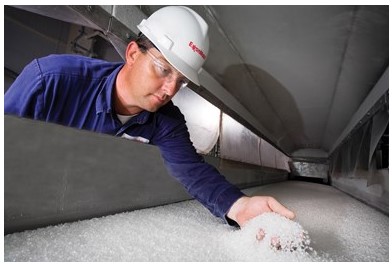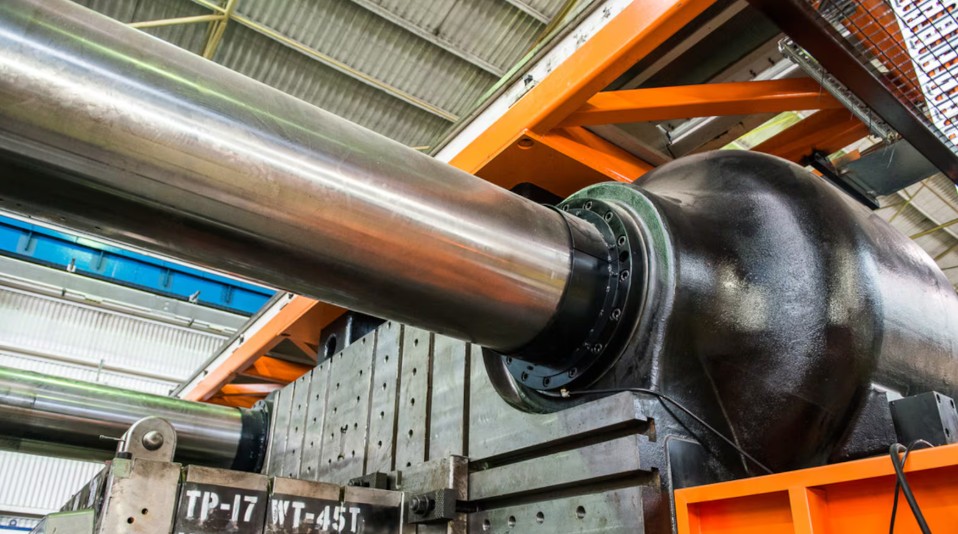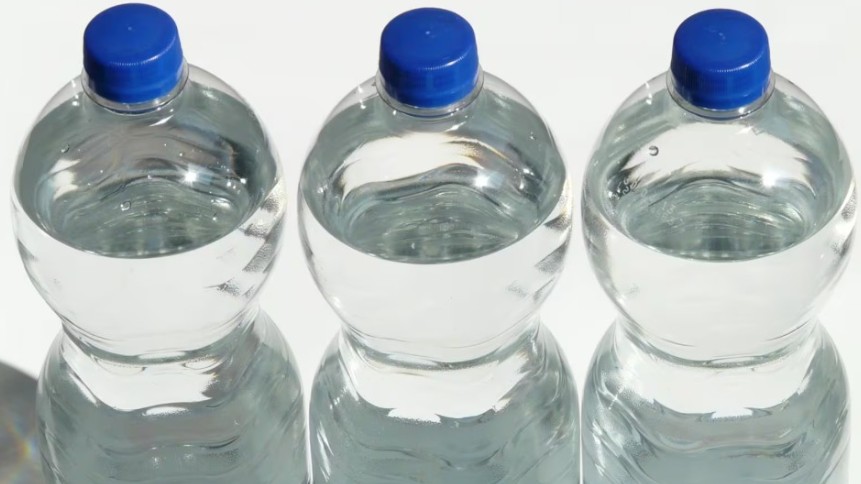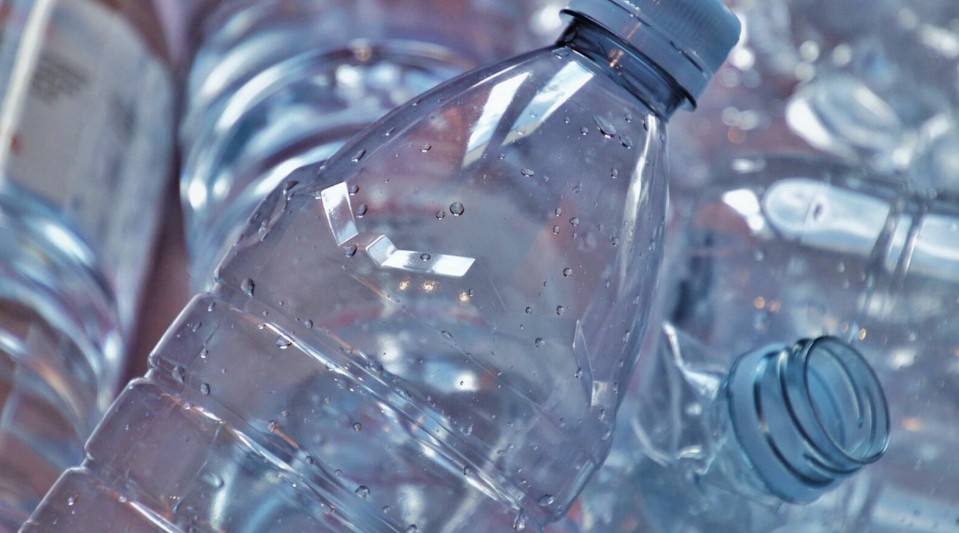Market trends
Auto plastics recycling effort has ‘long way to go'
Auto plastics recycling effort has ‘long way to go'
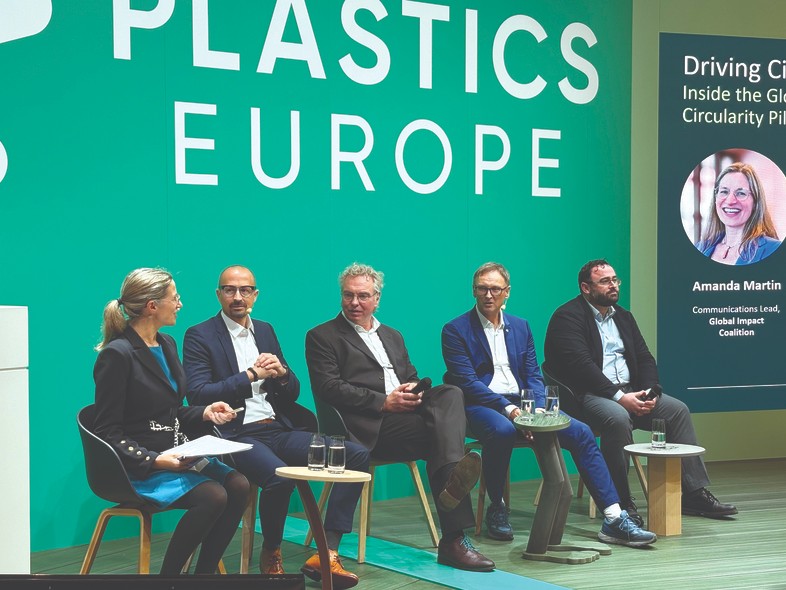
Steve Toloken
From left, Amanda Martin, GIC; Matthias Scheibitz, BASF; Peter Schwarz, Covestro; Erik Licht, LyondellBasell; and John Mortell, Plastics Europe.
A new pilot project aims to improve upon an unfortunate reality for the auto industry. Recycling of the plastics they use is challenging, and new vehicles have less than 3 percent recycled content in their plastic parts.
An Oct. 9 panel at K 2025 looked at the problem and the status of an effort to tackle that by the Global Impact Coalition, a chemical industry group that works to lower the sector's environmental and carbon footprint.
A big challenge for recycling cars is that new vehicles have dozens of different types of plastic spread across thousands of components, said Amanda Martin, communications lead for the Geneva-based GIC and moderator of the panel.
"How do we pull out all these parts, recycle them and put them back into use in other materials, and specifically in a closed-loop system in other vehicles?" she asked. "New vehicles have less than 2.5 percent of recycled content in plastic parts, so we have a long way to go to increase circularity in vehicles."
More than 800,000 metric tons of end-of-life vehicle (ELV) plastics are incinerated or landfilled each year in the European Union, a significant environmental and economic loss, the coalition said in a news release.
The project is in its first phase, where it's dismantling, shredding and sorting the plastics in 100 cars in the Netherlands and Germany, clustering them into 10 types of polymers and auto parts for the coalition companies to recycle.
The overall goal is to "optimize a new approach to dismantling, sorting and recycling plastic fractions under real-world conditions," the coalition said.
The project, which includes eight companies, is still working through its first phase and figuring out next steps.
"It's not over yet, and we are looking to how do we take this forward in a phase 2 next year," Martin told the audience in Düsseldorf.
Ambitious targets preferred
The eight companies — including large plastic resin makers BASF, Covestro, LG Chemical, LyondellBasell, Mitsubishi Chemical Group and Sabic — are working together in a precompetitive fashion but will benefit from European Union recycling targets under the ELV directive, the panel said.
"Regulatory should set targets, probably also ambitious targets, because only setting ambitious targets will really drive development and drive innovation," said Peter Schwarz, head of sustainability technologies, engineering plastics, at Covestro.
"We really have to cooperate, to work together, to exchange and also probably not always hide behind IP barriers in order to really learn about what is best," he said.
The coalition said the European Union is close to finishing its ELV directive, initially proposing that, by 2030, 25 percent of plastics in new cars should come from recycled materials, with about 25 percent of that recycled plastic coming from end-of-life cars, creating a closed-loop system.
"Hopefully by the end of the year we will have very definitively exact targets and exact times," said John Mortell, senior policy manager with trade association Plastics Europe.
"That's maybe a 20 percent target by 2032, a 25 percent target by 2036. And with different materials, which materials are included, pre-consumer, how much bio-based materials and also what the closed loop will be here," he said. "That's a very important part of this."
Martin asked the panel, held in the Plastics Europe booth, what should happen to move to commercial viability.
"Someone has to pump money into the system to make it work, and what is behind it is extended producer responsibility systems," said Matthias Scheibitz, head of sustainability strategy for BASF Performance Materials.
He pointed to refrigerators as an example of EPR in Europe, where companies putting refrigerators on the market pay fees for end-of-life management.
Chemical recycling needed
Schwarz said chemical recycling is critical to making automotive plastics recycling viable.
"Closed-loop recycling car-to-car will not work without chemical recycling — full stop," he said. "We have a zoo of materials in a car, and even if you do sorting, you still have mixed fractions.
"If you do mechanical recycling with these, you can make park benches or something like that, but nothing that can go back into a car," Schwarz said.
Erik Licht, director of new business development, APS Europe, for LyondellBasell, said the entire supply chain, including recycling companies, has to be able to make money and have incentives to make the system work.
"By 2032, regulations will come, but in automotive, we need to start now," he said. "We have to have the network. We have to have hubs and megahubs because you can't transport plastics over distance. It destroys the costs."









